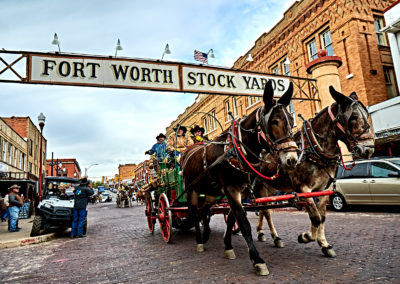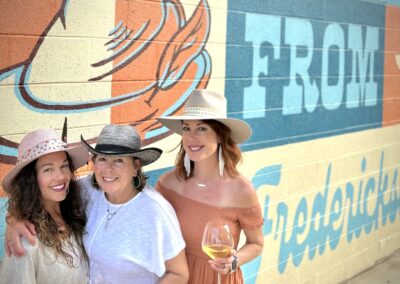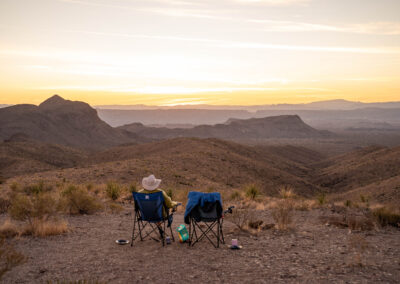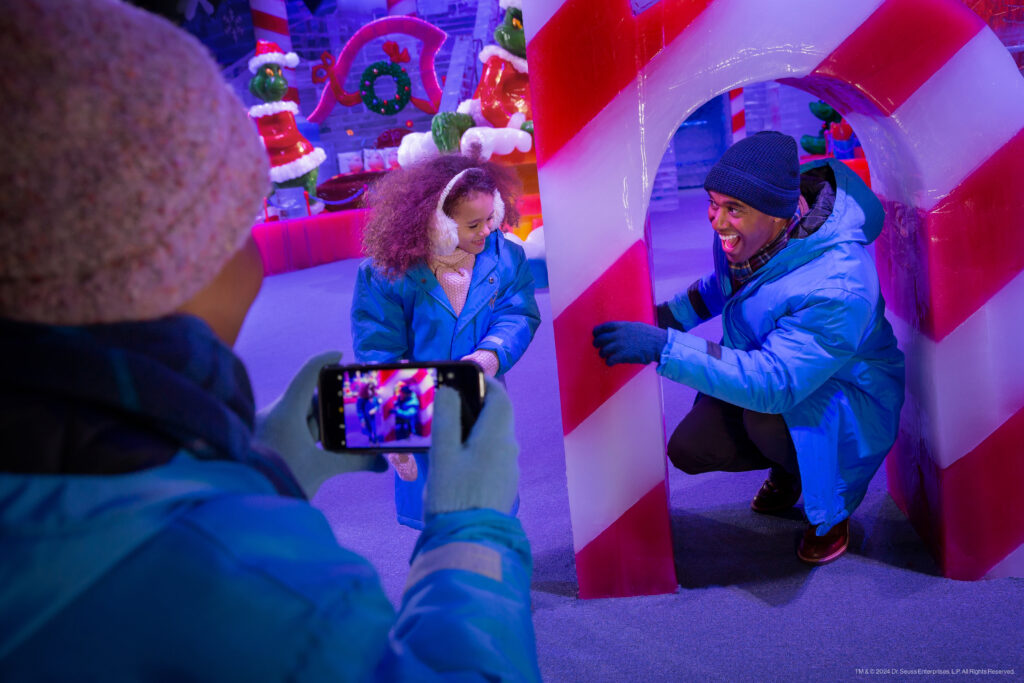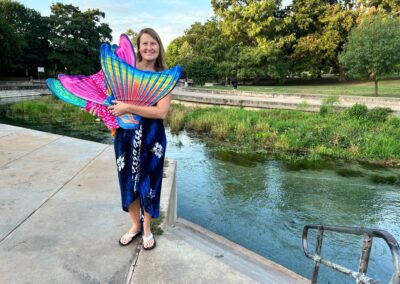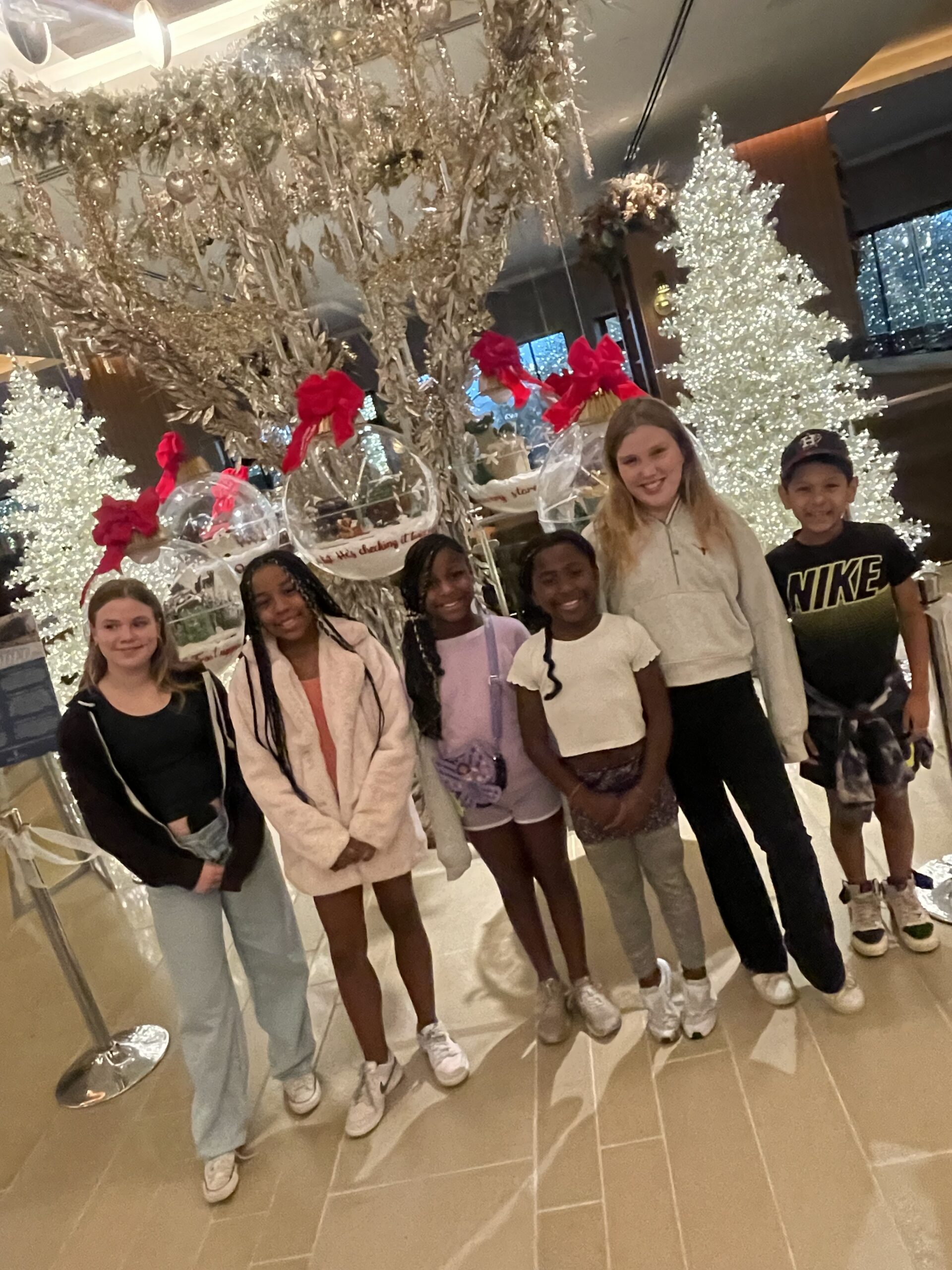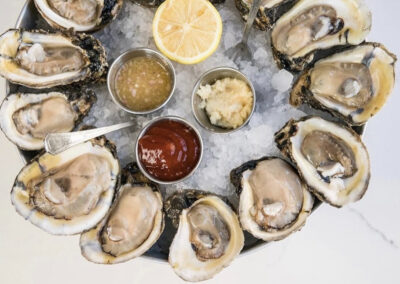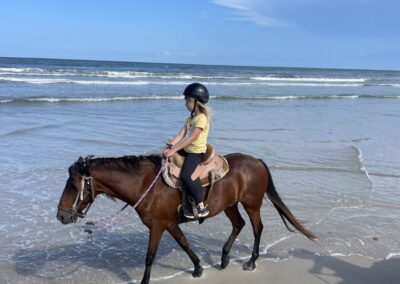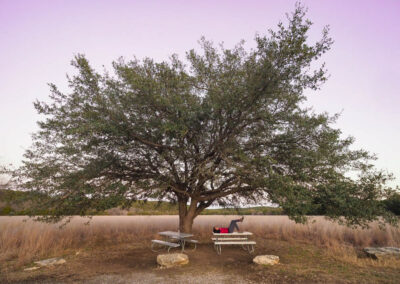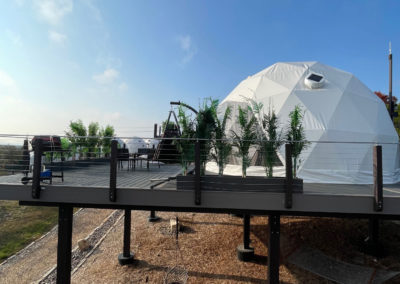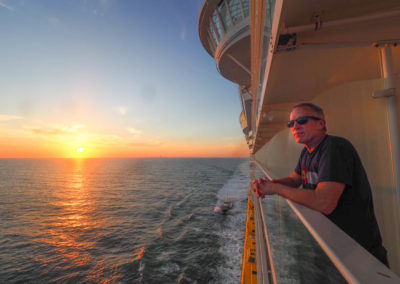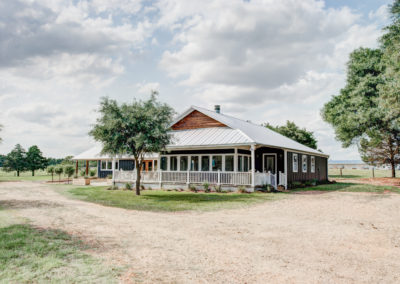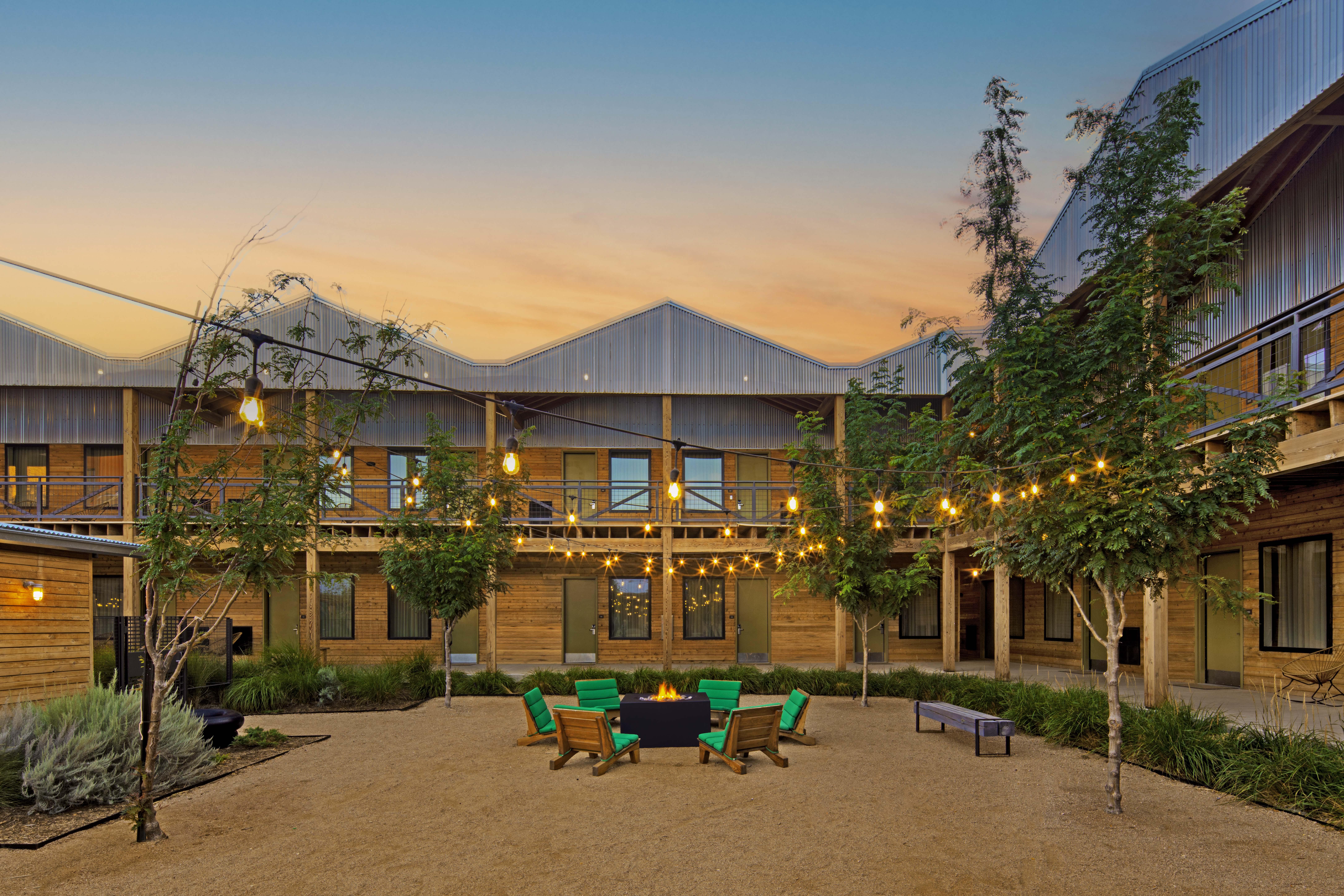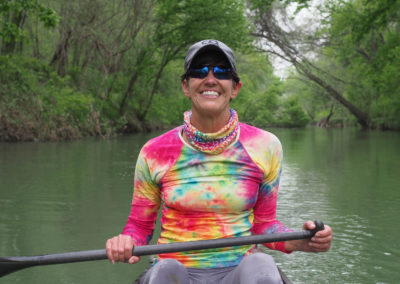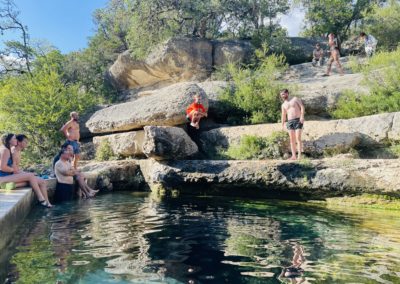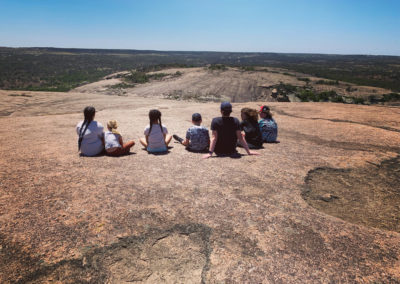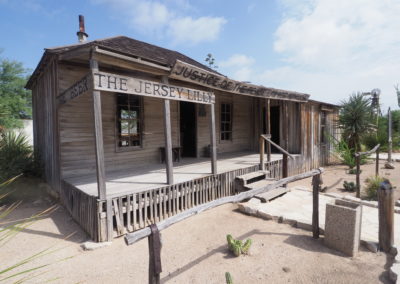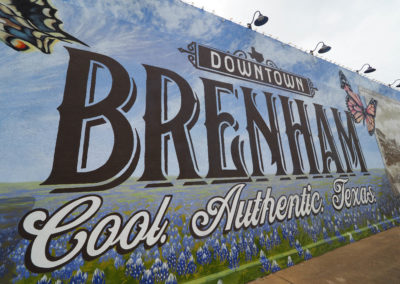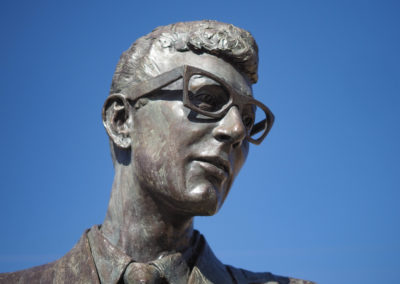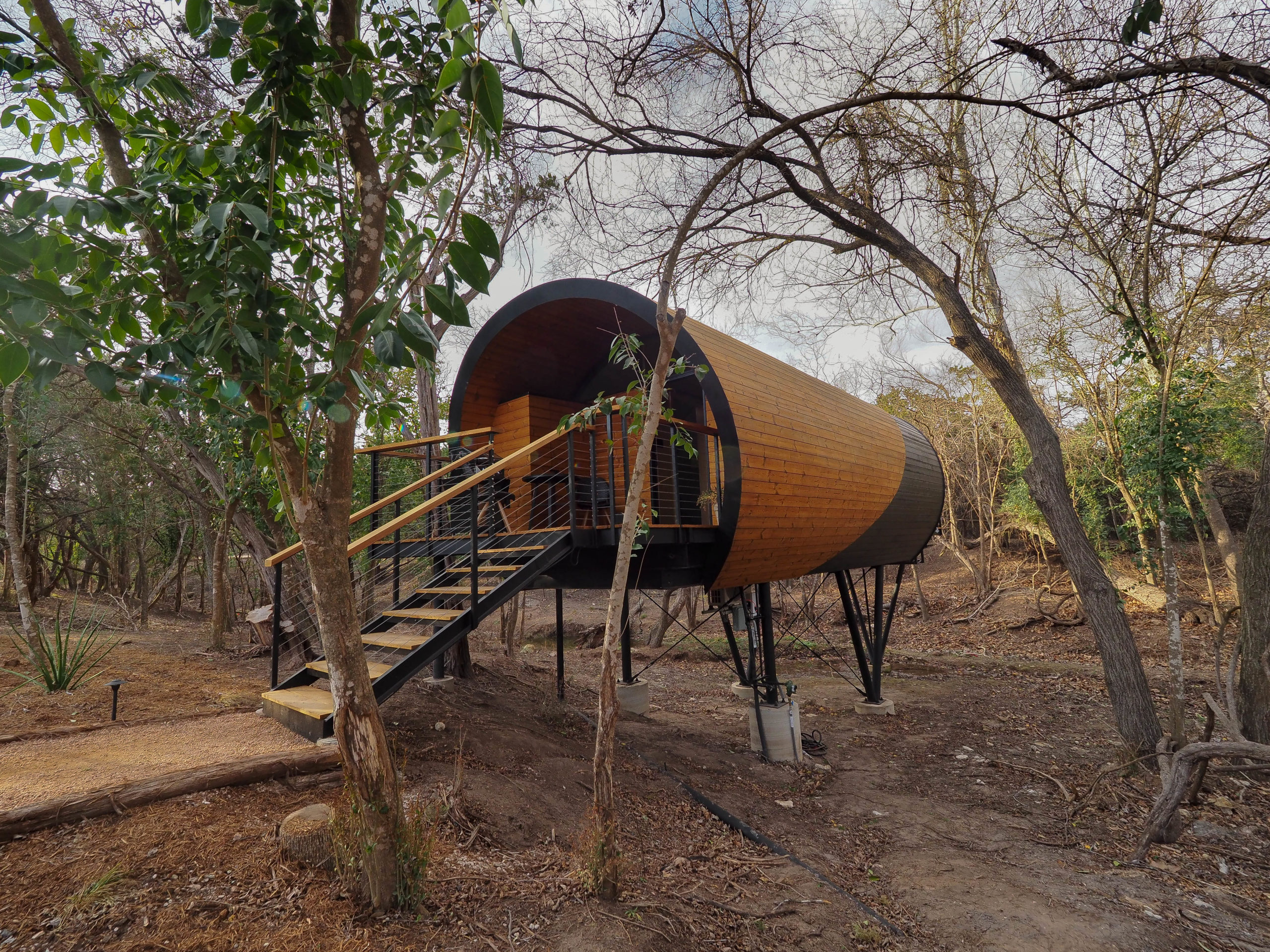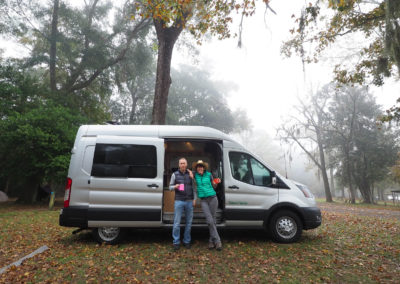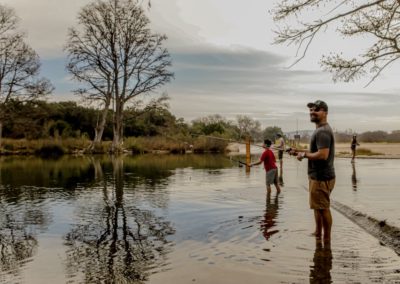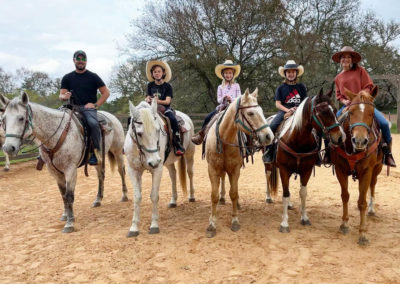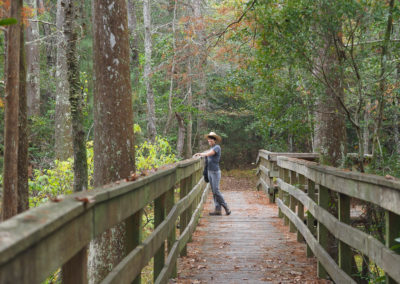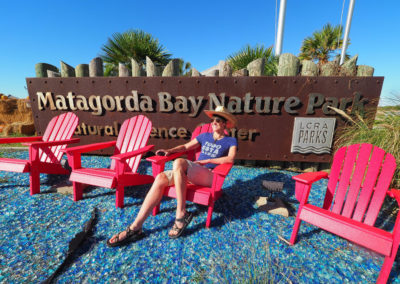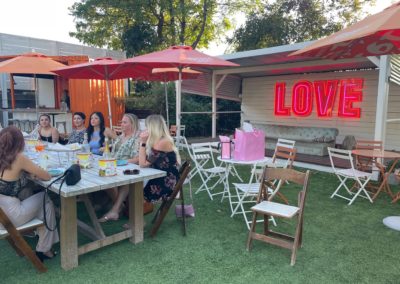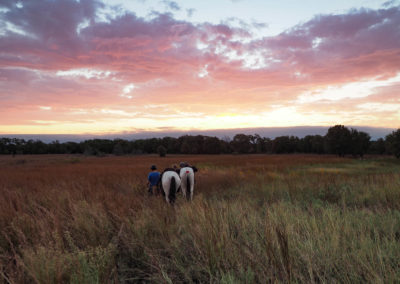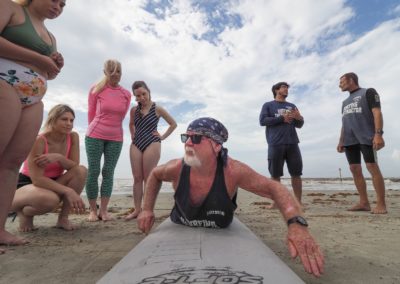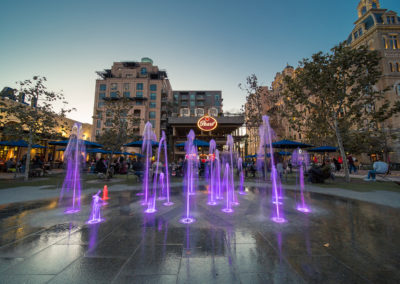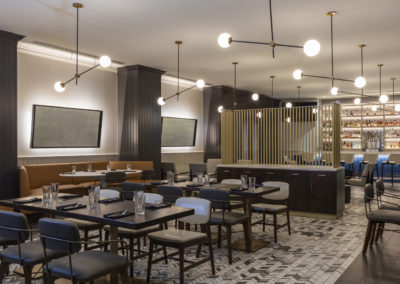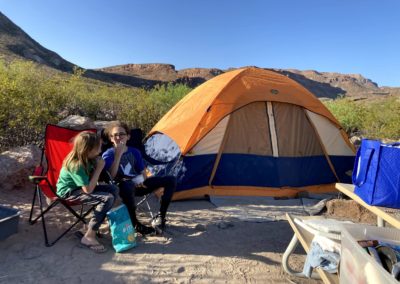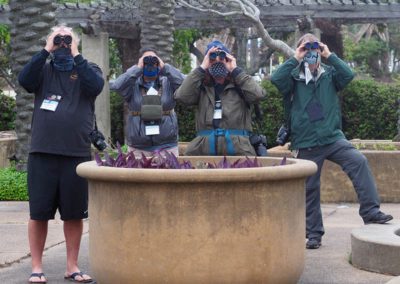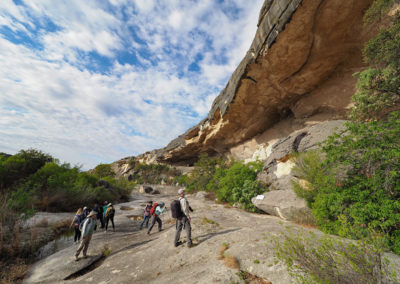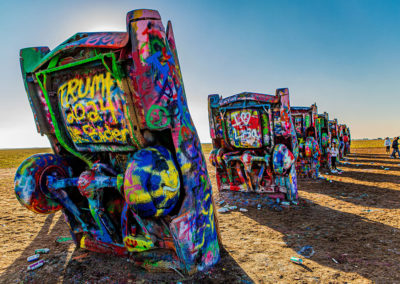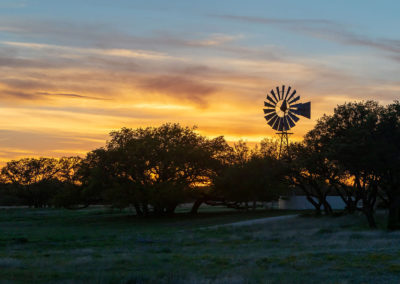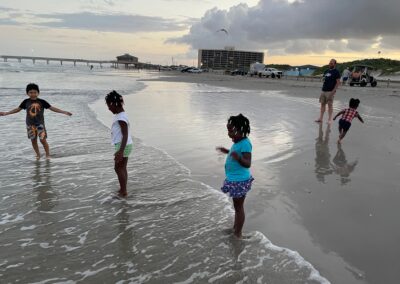The blue of the wide-open Texas sky blends seamlessly with the blue of the gurgling infinity pool to create a panorama so tranquil that you can almost physically feel the weight of the world lifting from your shoulders as you sink into a lounge chair at Miraval Austin.
Naturally, that’s by design.
To wander the 220-acre natural sanctuary and wellness resort that overlooks Lake Travis and is only 40 minutes from downtown Austin is to escape to a place where sacred spaces are marked by stacked stone cairns, horses are used to help us discover ourselves, and ropes courses, axe-throwing and bee-keeping are regularly on offer, right alongside yoga and meditation.

Stacked rock cairns dot the landscape at Miraval Resort in Austin. Contributed by Miraval
I recently spent the day at Miraval, where I was fortunate to wander the stunning grounds, enjoy coffee at the outdoor café and take in a Miraval Relaxation Massage, where my massage therapist gave this harried and overbooked mom the highest post-massage compliment, telling me I “relaxed really well.”
Perhaps my favorite part of the experience, however, was meeting Michael Tennant, an empathy expert who has been featured everywhere from The New York Times to NBC’s Today Show. In November, the resort hosted a series of workshops by Tennant, 38, who is the creator of the card game series Actually Curious, which aims to “bring people closer together using the science and psychology of emotional connection to teach the tools of active listening and empathy.”
During one of Tennant’s thought-provoking sessions at Miraval entitled “The Language of Feelings,” a group of a dozen strangers answered questions from the Actually Curious card game about everything from what makes them feel free to how they feel about their childhood best friend. In addition to answering verbally, attendees were asked to pay close attention to their bodies’ physical reactions to the question and also determine which of the following cognitive emotions – joy, shame, fear, anger or sadness – they associated with each question. After the session, I sat down with Tennant to learn more about what it means to lead an empathetic life.
What does your work as an empathy expert involve?
The way I describe the work is practicing giving ourselves permission to communicate with our emotions, to listen with our emotions and to share our emotions and how that ripples into everything that we do, from storytelling to business negotiations. What we teach people to do is to really connect to their gut.
Why is communicating with and connecting to our emotions so difficult?
It’s so hard because, from a very young age, we’re taught to suppress what we’re really feeling, often because other people can’t handle our feelings. We’re not taught to share our feelings openly and to be prepared to support each other in the full spectrum of our feelings. Like specifically anger –– if you’re an athlete on the field that gets celebrated, until that same anger translates into other parts of people’s lives. I’m not saying that it’s good, but that’s an example of the double-standard.

Miraval Resort offers a variety of immersive experiences for visitors. Contributed by Miraval
Many marginalized groups have for generations been taught to suppress and minimize anger. In light of George Floyd’s death and the rise of the Black Lives Matter movement, do you think the expression of anger should be valued more highly in our interactions with others?
In the past, I think people of color and women in the workforce, we got that sense of protection (anger) cut off from us and weaponized against us. I’m reevaluating anger. Oftentimes now I can connect to the fear that’s under the anger and share that. When you’re trying to be your best self and show up as an equal and be respected, you’re allowed to say I feel fear. …Some of the most effective movement-building has come from being able to recognize that anger might be present and suppress it enough to be effective. But I think I’ve taken the approach right after George Floyd that this movement, the people who believe in it and have bought the game, now allow us to go into these offices not from a place of, “Hey, we need your money to survive,” but rather, “We’re here because we think you need this work and we think your people need this work.” If anger then comes up, I feel like people have given me the freedom to express that if that’s what is necessary to convey the real situation in the room. I hope that in some ways in this work we can start to honor anger as not necessarily bad but an expression of someone being put in a compromised position where they feel they need to use anger to express themselves.
RELATED: Inside Chef Tim Love’s new Fort Worth Shipping Container Hotel
(In workshops) once we’ve gotten past the anger and seen people open up, a lot of times the behavior that we’re trying to correct is actually born out of fear and pain. Shame came up a lot in these workshops. Shame I believe is one of the most powerful emotions. A lot of what we do is not labeled as shame, but a lot of the divisiveness in this country is around confronting the shame of undoing or trying to balance things out, and that’s hard.
How do your card games foster empathy and connection?
(The game) helps people to get to connection, get past small talk, get past silence. What we found was the stories that folks were sharing, the game was allowing them to tap into things that they weren’t going to revisit on their own. What happens is the more you do it, it strengthens that muscle. (You think) “That question wasn’t so bad.” “Asking for attention wasn’t so bad.” “Saying no wasn’t so bad.”
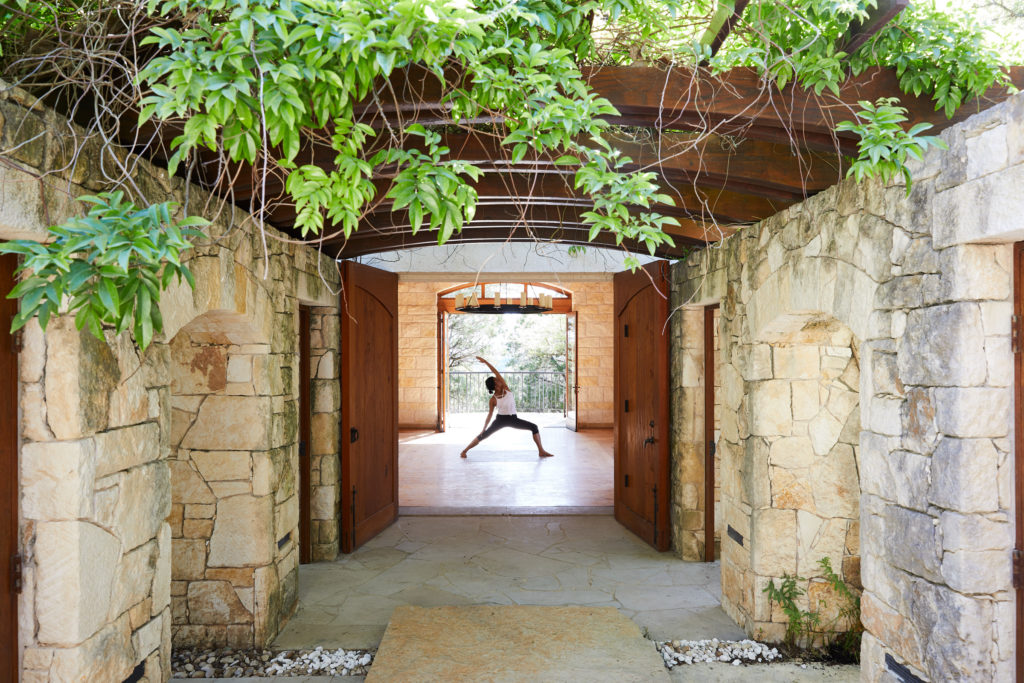
Yoga is always on offer at Miraval Resort. Contributed by Miraval
What’s one of your favorite questions in the game?
“What do you love most about yourself?” That’s a really powerful question. The majority of people have a hard time expressing that level of gratitude for themselves.
When you first launched the game, you drove around the country meeting with shop owners and telling people about it. What did that experience teach you?
I realized there was a lot more kindness and openness than the stories that existed in my head. The biggest commonality is, by and large, we’re all just trying to be safe, take care of our families and we’re following the playbook that we best know to try to achieve that. We want to know that we did a good job and we’re looked favorably upon by the people who we care about. No one’s trying to hurt one another, really, at its core. So then the sad part is in between that is so much outward negativity and hatred. I think our theory and why we lean into healing is most people don’t even know what it is they’re trying to heal from. We’re just carrying this armor, this weight, that we don’t even know is there. But just by being able to tell your story, to get it off your chest, to be seen, that just seems to let the weight off.
RELATED: Daytrip to a medieval castle in the Texas countryside
Beyonce included your Actually Curious cards in a round-up of Black-owned businesses to support. What was that like?
It’s love manifesting. … One morning I was looking at the analytics and there’s a bunch of traffic coming to the site and it’s coming from Beyonce.com. I started crying. Joy is a difficult emotion for me, although it’s easier now, but at that moment it was just like, “Whoa, people are seeing us.” It was another sign, another marker. Keep going.
What’s your advice for people who want to live a more empathetic life?
You deserve it. The people who love you, they’re going to benefit from it. That exchange is going to be mutually beneficial. They deserve it and you deserve it. We live oftentimes in the shadow of how connected we could be, even when we’re connected. … You may set out with the intention to open up and show more empathy to others, but the very beautiful part, the spoiler, is it benefits you in the end.
If You Go

Info:
Miraval regularly hosts classes and experiences centered around the wellness space. Learn more at https://www.miravalaustin.com/.
Learn more about Michael Tennant and order his card game, Actually Curious, at https://www.actuallycurious.com/.







